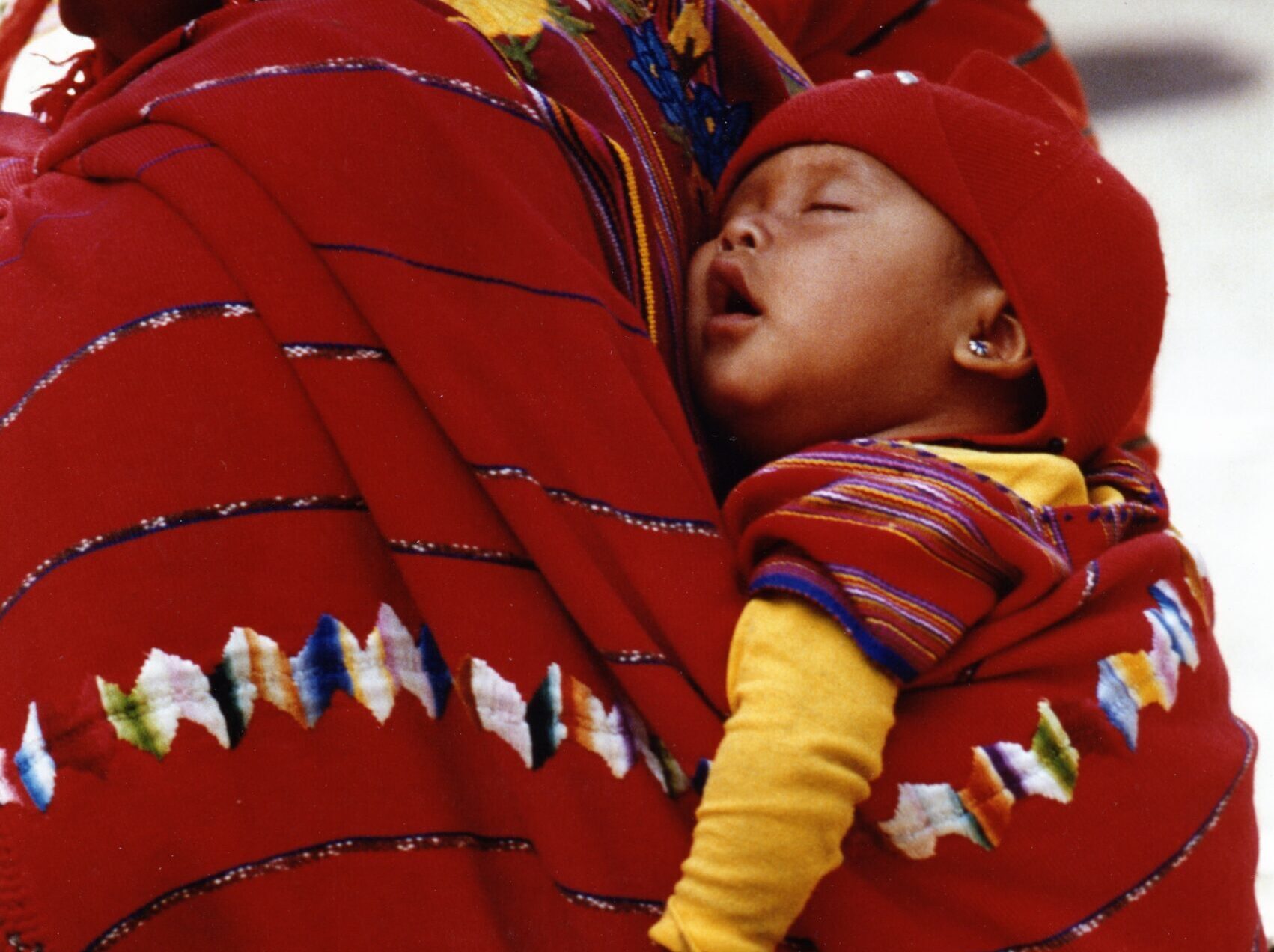The first project implemented by GRT in Guatemala (specifically in the Maya K’Iche Community in Totonicapan) aimed to work with local therapists who apply traditional medicine by validating positive practices and correcting risky ones, with a focus on maternal and infant care.
The training of traditional health workers was done through the ‘research – action’ tool. This provided qualitative data to learn about the traditional care system. The creation of groups of traditional therapists was encouraged. The project was also developed by organising information seminars and congresses on traditional medicine for medical and paramedical personnel. After these activities, more detailed integrations between the two systems were pursued, leading to the drafting and dissemination of a concluding document on research-action activities in the field.
In the area of ethnic minorities GRT identified, through research carried out using a participatory method and together with the local community, what were the issues to be addressed for the development of the community itself, while respecting its culture.
The researches identified fundamental needs by focusing on the three essential themes proposed:
- health, understood as the integration of traditional knowledge and western medicine
- education understood as the valorisation and increase of bilingualism and biculturalism in primary schools to guarantee a serene and non-conflictual cultural identity of the child and the entire community
- production intended as the realisation of productive activities entirely chosen and managed by groups of women to promote the empowerment of indigenous women, emphasising their leading role in the productive and social development of the community.
The project ended in 1996.
Results
In the area of health, the main objectives achieved by this project were training interventions for local health personnel. The aim was to enable them to recognise that traditional medicine is no longer sufficient and to help them understand the need to rely on different medical care. About seventy traditional healers completed their training.
An intervention was also made in the educational sphere. The project’s five bilingual teachers, together with the GRT’s cooperating linguist, produced three reading notebooks in K’Iche, a monolingual dictionary and the reconstruction of numbering in K’Iche. In addition, seven new teachers were trained through two workshops, in teaching K’Iche read-writing and Maya arithmetic.
An intervention was also made in the educational sphere. The project’s five bilingual teachers, together with the GRT’s cooperating linguist, produced three reading notebooks in K’Iche, a monolingual dictionary and the reconstruction of numeracy in K’Iche. In addition, seven new teachers were trained through two workshops, in teaching K’Iche read-writing and Maya arithmetic.
In the area of productions, five women’s groups (of about twenty women each) received constant guidance both on general topics, such as women’s rights and reproductive health, and on the development of small reproductive projects. In this regard, the ‘Dona Flor’ jam factory of the ladies’ group ‘Nueva Estrella’ has strengthened both its production and marketing organisation.


